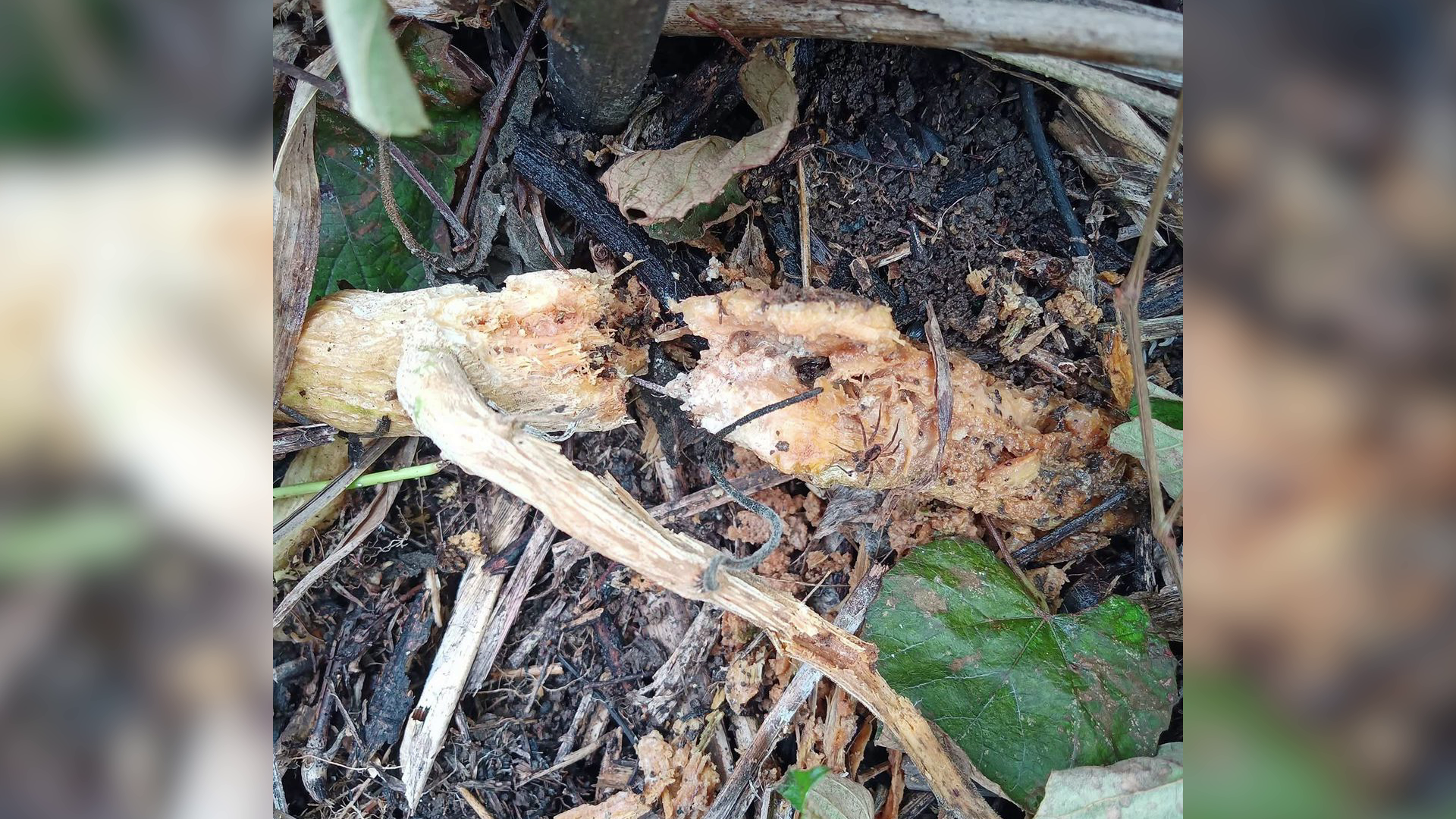Something strange is happening out in the farmlands of San Miguel, Toledo, and it’s got farmers scratching their heads. One farmer says rodents are running wild, tearing through freshly planted corn seeds, nibbling on young shoots, and even munching away at pumpkin plants and other vegetables. He says it’s unlike anything the community has ever seen. So, what’s going on? We asked that question to Minister of Agriculture Jose Mai. He told us that while his field officers haven’t yet investigated the reports, rodent activity in farm fields isn’t exactly unheard of. Still, with the damage being described, this might be more than just a typical case of pests.
Jose Mai, Minister of Agriculture
“Rodents in agriculture are common. Every year they are common. Rodents in stand over cane are common. If you don’t harvest your cane forget it. It is not strange and surprising to anybody. If it is an invasion of rodents I don’t know. What do you call an invasion? If you have ten rats in your field eating a pumpkin, is that an invasion? My technician will have to go and make an assessment and report back to us. But, I have never heard of rodents eating out an entire field. It is like everything. If you have a bushy farm, your corn under overgrown weeds, the rodent will find a suitable place to live so he will live there. If you have a cane field that is bushy and weedy, the rodents will live there.”
